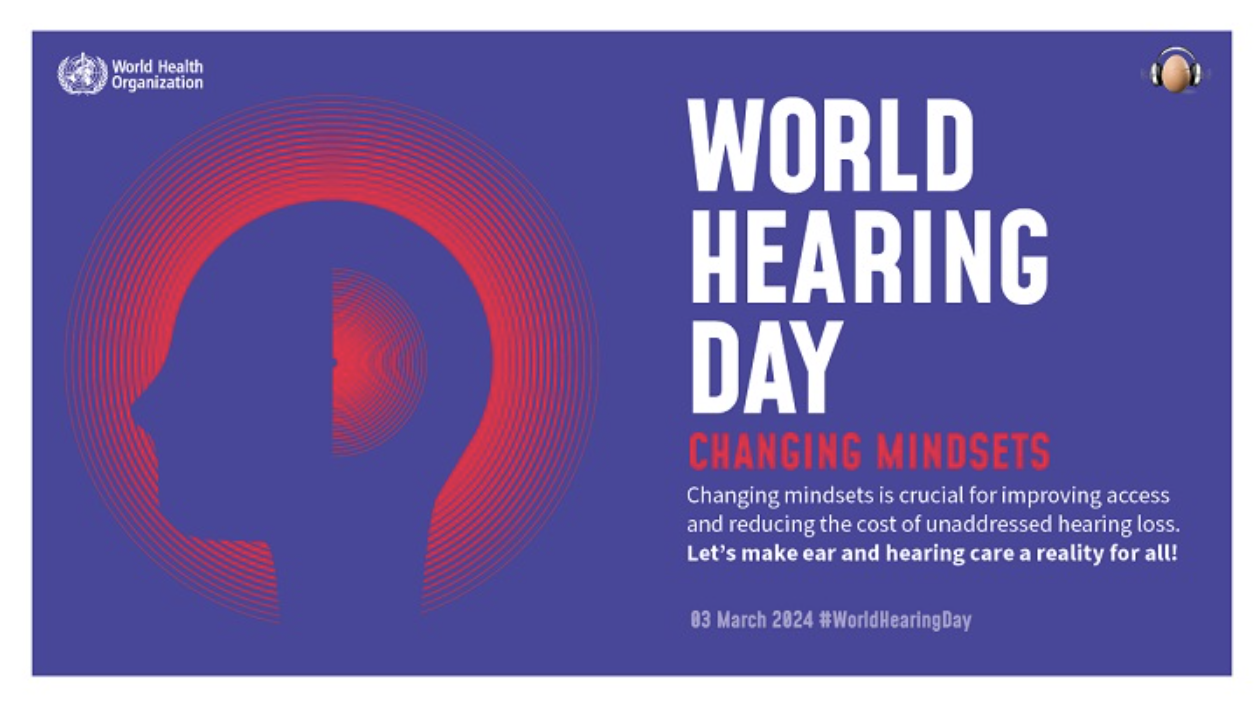
How my Phonak Roger connected me with my hearing peer
March 8, 2019
What I learned at the Canadian Hard of Hearing Youth Forum
March 11, 2019How to ask someone about their hearing loss

A lot of people can feel uncomfortable to to ask questions about my hearing loss because they are afraid they are going to offend me or hurt my feelings. But that’s really not the case.
People who ask me questions do not offend me. I actually respect people who ask me questions about my hearing loss because it can help break the ice and establish a better relationship with that person.
If you do want to ask me questions about my hearing loss, there are a few things to keep in mind.
How to Ask Someone about their Hearing Loss
Tone of Voice
Often, the tone of voice in which you ask a question is more important than the actual question. If you ask your question in a sarcastic or rude manner, it can be uncomfortable. Being sensitive and sincere when asking questions is important.
Time and Place
If I’m with a group of people and I’m singled out about my hearing loss it can make me uncomfortable. Try to catch me 1:1 and ask me questions alone, so my hearing loss doesn’t become the center of attention.
Everyone has different communication and speaking methods. Some people with hearing loss might feel more comfortable talking about their hearing loss than others do. If you have questions about someone’s hearing loss, a good way to start that conversation is just by asking them if you can ask some questions. See what they say. If they say no or they are uncomfortable you’ll have your answer. If they say, yes absolutely, then that can lead to a great conversation.
Read more: Growing up with Hearing Loss: How I gained confidence to be myself
Common Hearing Loss Questions
Here are some common hearing loss questions I get. These are some great starting questions to get to know the person with hearing loss, and learn how to better communicate with them.
Were you born hard of hearing?
Do you identify as “Deaf” or “hard of hearing”?
How much can you hear?
Why don’t you have a cochlear implant?
Can you swim or surf with your hearing aids?
Do you know sign language?
Do I need to speak louder when I’m talking to you?
How should I introduce you to someone new? (who doesn’t know about your hearing loss)
Watch the video below to see how I answer these questions!




